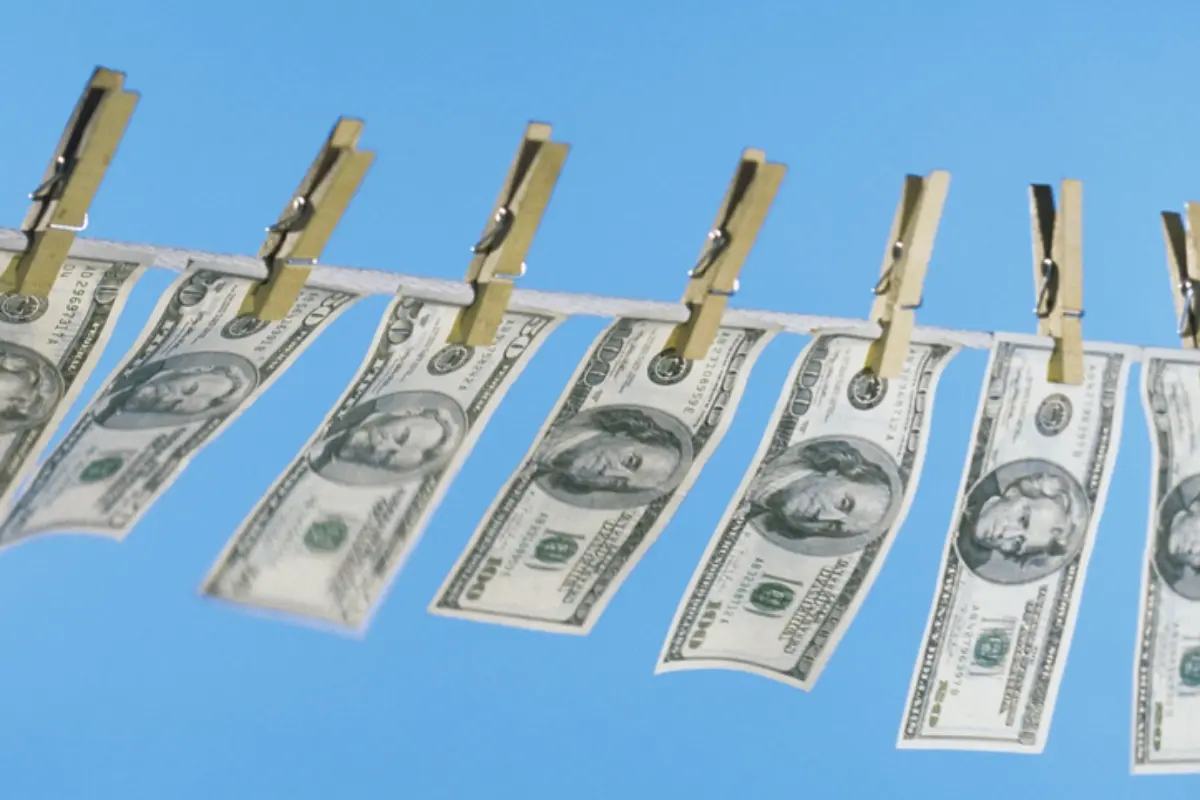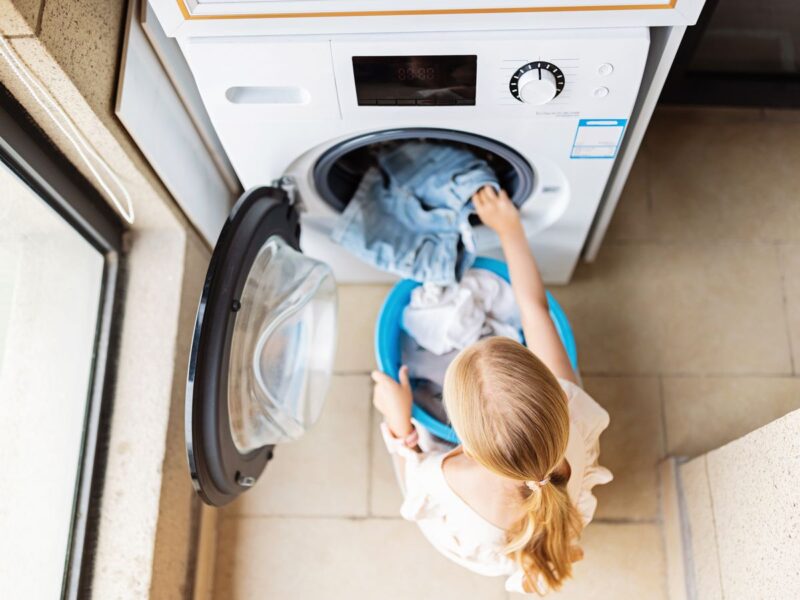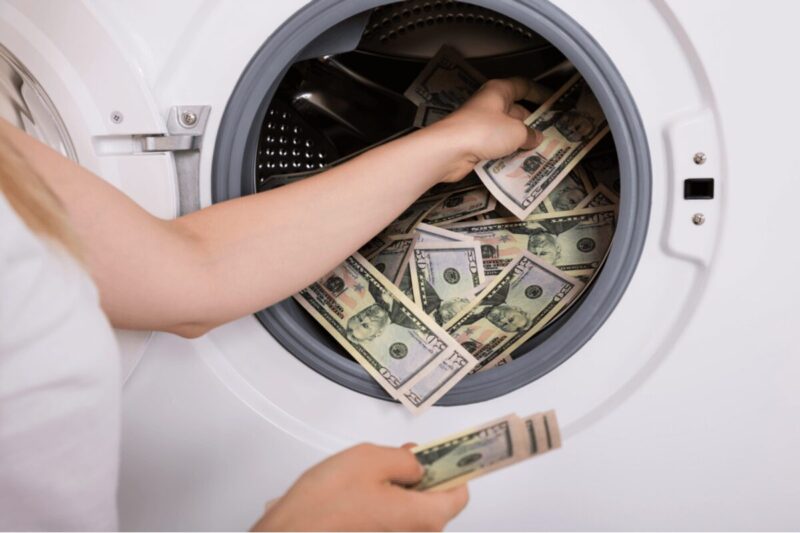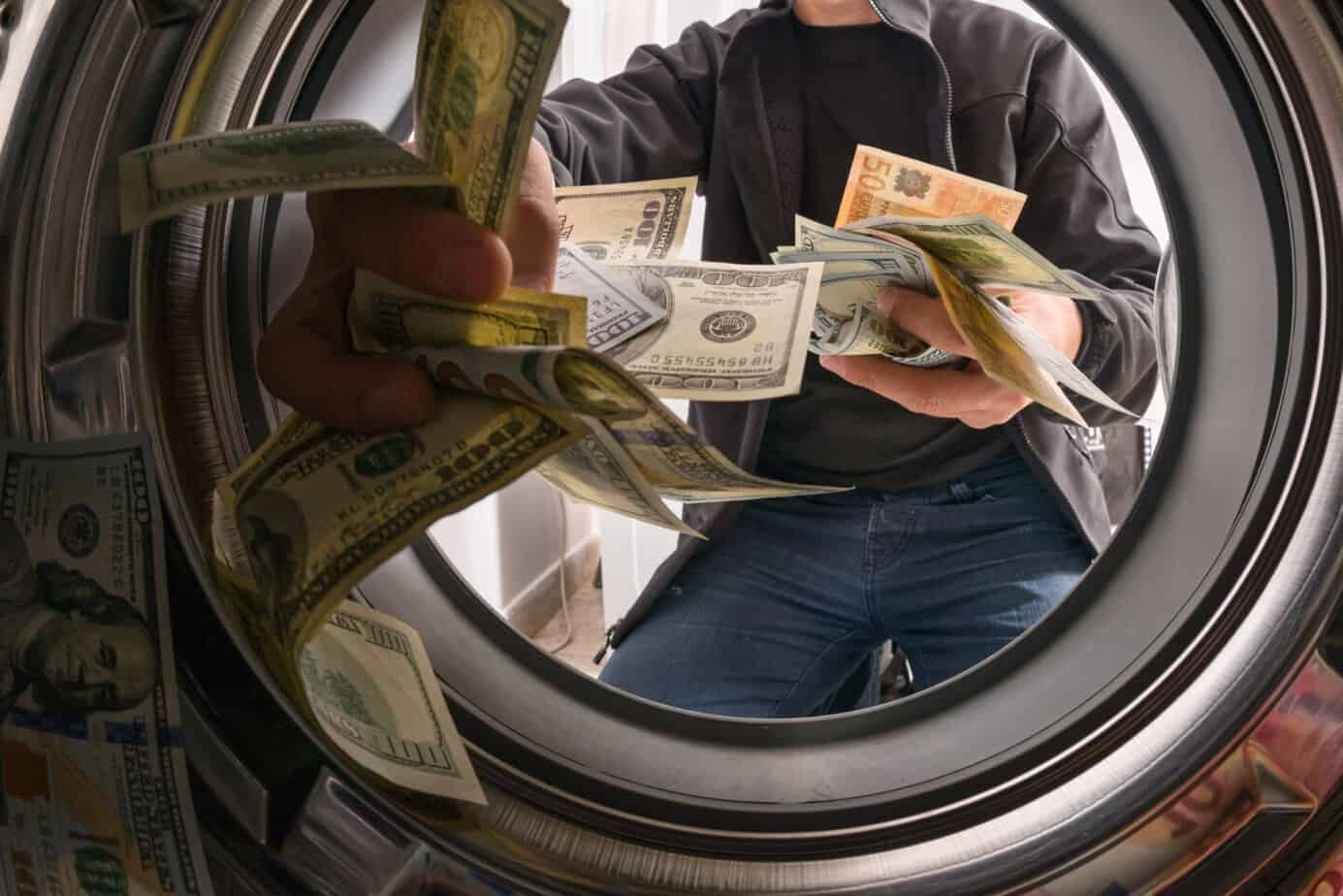Did you know that some people put money in the dryer? Yes, that’s right! It may seem like an unusual practice, but there are reasons why some individuals choose to dry their money alongside their laundry.
From practical reasons to superstitions and cultural beliefs, the act of putting money in the dryer has more depth than you might think.
In this article, we will explore the various motivations behind this peculiar habit and examine the effects and myths associated with drying money. Get ready to discover the fascinating world of laundry and finances!
The Practical Reasons for Drying Money

When it comes to drying money, there are practical reasons behind this seemingly unusual practice. From drying wet bills to preventing mold growth, people have found practical uses for the trusty dryer when it comes to their cash.
Drying Wet Bills
One practical reason for drying money in the dryer is to remove excess moisture from wet bills. Accidents happen, and money can easily end up soaked from spills or unexpected encounters with water. By placing wet bills in the dryer, individuals can speed up the drying process and salvage their hard-earned cash.
Preventing Mold on Money
In humid environments, preventing mold growth on money can be a concern. Moisture can seep into wallets or storage spaces, creating an ideal breeding ground for mold. By drying money in the dryer, individuals aim to remove moisture and minimize the risk of mold forming on their bills.
Precautionary Measure
Additionally, some individuals may opt to dry money in the dryer as a precautionary measure. If they suspect that their bills have been exposed to water or other liquids, using the dryer can help ensure that the money is thoroughly dried and ready for use.
While drying money in the dryer may seem unusual, these practical reasons highlight how individuals utilize this everyday appliance to preserve their cash and prevent potential damage.
The Superstitious Beliefs Behind Drying Money
Drying money in the dryer goes beyond practical reasons and enters the realm of superstition. Many individuals believe that this act brings good luck and prosperity into their lives. The superstitious beliefs surrounding drying money in the dryer have been passed down through generations and may be influenced by cultural traditions or personal beliefs.
Some people believe that by drying money in the dryer, they can attract wealth and abundance. It is thought that the heat and movement of the dryer activate the energy of the money, making it more potent in attracting financial success.
However, it is important to note that these beliefs are based on personal experiences and cultural practices, rather than scientific evidence. While some individuals may swear by the effectiveness of drying money for good luck, it is ultimately a matter of personal belief and faith.
| Belief | Explanation |
|---|---|
| Drying money in the dryer brings financial luck. | Superstitious individuals believe that drying money activates its energy and attracts wealth. |
| Drying different denominations together increases your money’s power. | Combining different bills in the dryer is believed to enhance the overall effect of attracting prosperity. |
| Placing a lucky charm in the dryer enhances the money’s luck. | Adding a lucky charm, such as a four-leaf clover or a small crystal, is thought to boost the positive energy surrounding the money. |
These superstitious beliefs about drying money in the dryer add a touch of mystery and intrigue to an otherwise mundane household chore. While they may not have concrete scientific backing, they highlight the human desire for good luck and financial success.
The Effects of Drying Money in the Dryer

Drying money in the dryer can have several effects on the bills, some of which may be undesirable. Here are the potential consequences of using this method:
1. Wrinkling of Bills
When money is dried in the dryer, there is a higher likelihood of the bills becoming wrinkled, especially if they are not properly flattened or pressed before drying. The heat and movement inside the dryer can cause the bills to crumple and lose their smooth appearance.
2. Fading of Ink on Bills
The ink on the bills can also fade over time when exposed to heat and movement in the dryer. This can result in the printed numbers, images, and texts on the bills becoming less legible and difficult to read.
3. Possible Damage to Bills
Handling money in the dryer without proper care can potentially cause damage to the bills. Tearing or creasing can occur if the bills are not handled delicately during the drying process. It is important to handle the money gently to avoid any physical harm.
To illustrate the effects of drying money in the dryer, consider the following visual representation:
- Please note that the images above are only representative and may not reflect actual bills or their specific conditions.
- It is important to consider these effects before deciding to dry money in the dryer. If preserving the quality and integrity of the bills is a concern, alternative methods should be considered.
Debunking Common Myths About Drying Money
Despite what some may believe, drying money in the dryer does not sterilize the bills or make them cleaner. This is a common myth that has been debunked. The dryer is not an effective method for sterilization or deep cleaning of money.
Bills can harbor bacteria and other contaminants, so it is important to take proper hygiene measures. Simply relying on the dryer to clean money is not sufficient. Instead, individuals should focus on washing their hands regularly, especially after handling money, as one of the most effective ways to maintain hygiene.
It is essential to handle money with clean hands and store it in a clean and safe place to minimize the risk of contamination. By practicing good hygiene habits, individuals can minimize the potential health risks associated with handling money.
The Psychological and Cultural Perspectives
The psychology behind drying money in the dryer can vary from person to person. For some, this ritual provides a sense of comfort and control over their finances. It may serve as a way to feel more in command of their monetary situation. Others may view it as a cultural or family tradition, passed down through generations.
Cultural beliefs and traditions play a significant role in the practice of drying money in the dryer. Different cultures and societies have their own unique reasons and customs associated with this act. While some cultures see it as a way to ward off bad luck or invite good fortune, others consider it a symbol of prosperity and abundance.
Additionally, an individual’s financial habits and beliefs about money can impact their decision to dry money in the dryer. Personal beliefs and superstitions regarding wealth and prosperity can influence this choice. Whether it’s a belief in the power of luck or a deep-rooted association between dry money and financial success, these perspectives shape people’s behavior.
| Perspective | Description |
|---|---|
| Psychological Perspective | People find comfort and control through the ritual of drying money in the dryer. |
| Cultural Perspective | Different cultures have their own reasons and customs associated with drying money in the dryer. |
| Financial Perspective | Beliefs and superstitions about wealth and prosperity can influence the decision to dry money in the dryer. |
Practical Alternatives to Drying Money in the Dryer
Instead of relying on the dryer to dry money, there are practical alternatives that can help you preserve your bills and maintain proper hygiene. One of the best alternatives is to store money in a dry and secure place, such as a wallet or a safe. These options not only protect your money from potential damage in the dryer but also ensure that it remains safe from theft or loss.
To maintain the proper hygiene of your money, it is important to handle it with clean hands. By washing your hands regularly and avoiding touching money with dirty or wet hands, you can minimize the transfer of bacteria or contaminants.
Additionally, storing your money in a clean and safe environment further reduces the risk of contamination.
In the unfortunate event that your money does get wet, it is best to let it air dry naturally. Placing wet bills in the dryer can lead to wrinkling, fading, or even damage. Alternatively, you can gently blot the wet money with a clean cloth to remove excess moisture.
This method is less likely to cause any harm to the bills while allowing them to dry effectively.
FAQ

Why do people put money in the dryer?
People put money in the dryer for various reasons, including drying wet bills, removing moisture to prevent mold, or even as a superstitious belief for good luck.
What are the practical reasons for drying money?
Drying money in the dryer can help to dry wet bills and remove excess moisture, speeding up the drying process and preventing mold growth, especially in humid environments.
What effects does drying money in the dryer have?
Drying money in the dryer can lead to wrinkling of bills, fading of ink on the bills, and possible damage such as tearing or creasing if not handled with care.
What are the common myths about drying money?
There are several common myths about drying money, including the belief that it can help to sterilize or clean the bills. However, the dryer is not an effective method for sterilization or deep cleaning of money.
What is the psychology and cultural significance behind drying money?
The psychology behind drying money in the dryer can vary from person to person. Some may find comfort or a sense of control through this ritual, while others may view it as a cultural or family tradition influenced by their beliefs or customs.
What are some practical alternatives to drying money in the dryer?
Instead of drying money in the dryer, it is recommended to store money in a dry and secure place, such as a wallet or a safe. Maintaining proper hygiene of money can be achieved by handling it with clean hands and storing it in a clean and safe environment.
